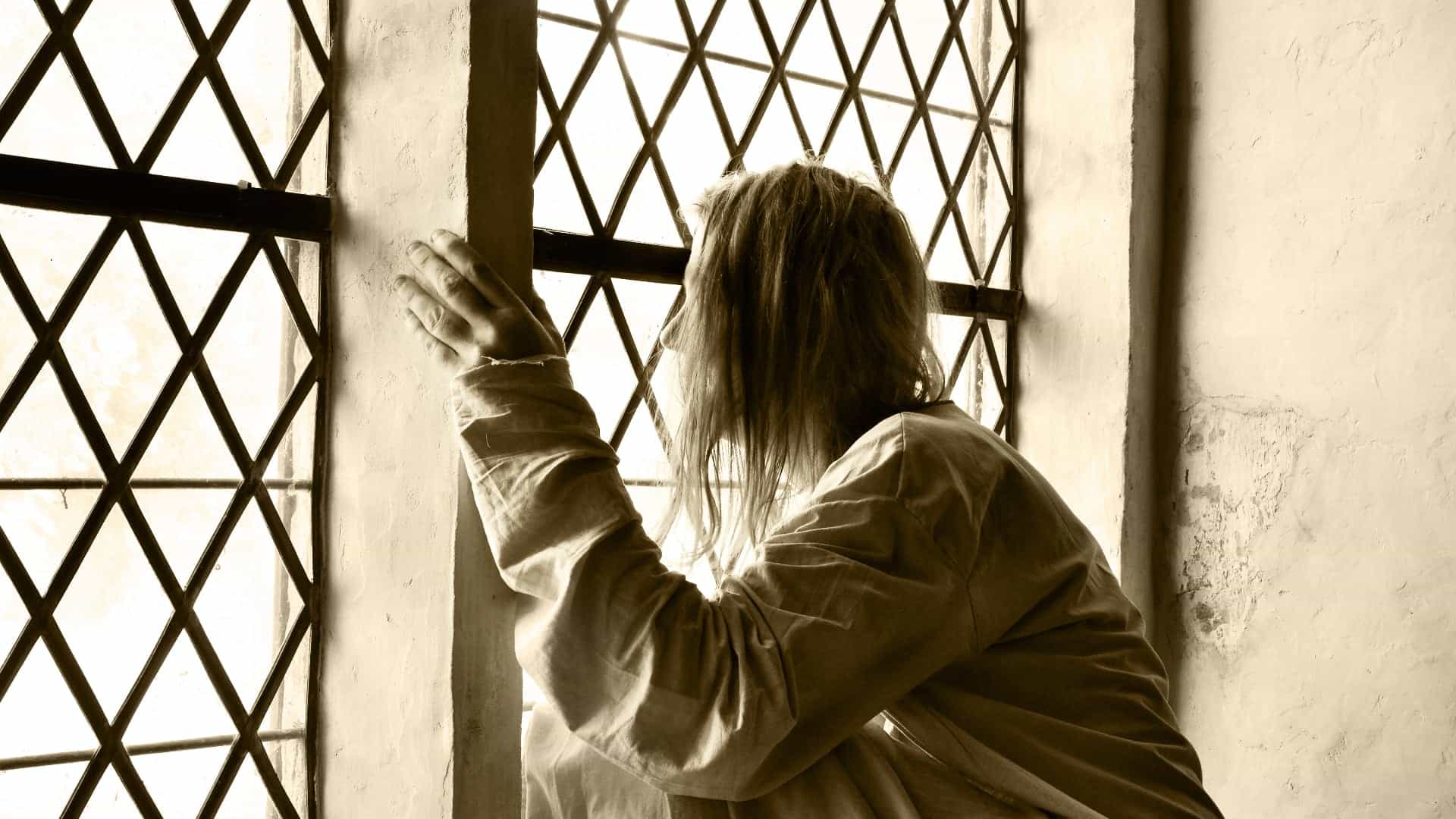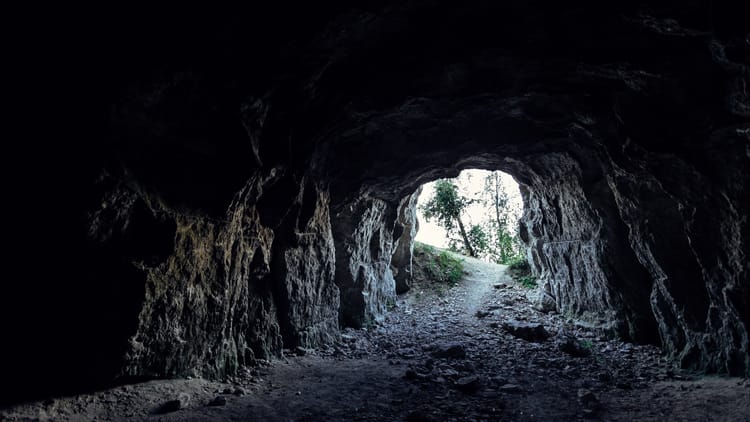Already, but Not Yet (Psalm 126)

Big Idea: Celebrate what God has already done, but long for what God will yet do.
There’s a term that theologians use that I find really powerful. It’s just four words: already, but not yet.
Here’s what it means.
We already have so much of what God has promised. Jesus has risen from the grave and ascended to heaven. You are already a child of God. Everything has been done to purchase your freedom. We already sit with Christ in heavenly places (Ephesians 2:4-6). We can already enter into newness of life. We are with God. Everything he has is already ours. The kingdom of God has been unleashed, and it is unstoppable. Every earthly power and every force of opposition will bow, willingly or unwillingly, to King Jesus and his reign.
All of this is true right now. We don’t have to wait for any of it. You and I have immense privileges, and they are all already true.
But we live in a tension. All of these things are already true, but we’re in the not yet phase. Let me quote the theologian who first talked about this idea of already but not yet: “the Christian lives in a tension between the ‘already’ and the ‘not yet’” (George Eldon Ladd). All the things I just mentioned are true, but the devil still prowls around like a roaring lion (1 Peter 5:8). We still face persecution and sufferings. We are still waiting for the salvation that is kept in heaven for us (1 Peter 1:5).
We live in this tension, and it’s uncomfortable. God has worked in us, but we haven’t yet experienced the fullness of that work yet, even though it’s as good as done. This leads to very mixed feelings, because God has already given us everything we need, and it’s as good as done, but we still live in the middle of this broken, sick world.
That’s a little like the tension we see in the psalm that we just read, because it speaks of both joy for the already, and longing because of the not yet.
This psalm is going to help us live in the messy middle, which is where we all are. It’s going to help us to enjoy what God has already given us, and it’s also going to help us with our longings and all our unmet aspirations and hopes.
For the past few weeks, we’ve been looking at a series of psalms called Psalms of Ascent. They’re songs that were probably used by pilgrims on their way to Jerusalem. The cool thing is that Jesus probably sang these songs as he made is way to the three feasts that Jews celebrated in Jerusalem every year. So as we study these psalms, we’re studying words that were very much a part of Jesus’ life.
This psalm has two very clear sections to it. Verses 1 to 3 teach us to do something important:
Celebrate What God Has Already Done (126:1-3)
Read it again. Feel the emotion of the psalmist as he writes these words.
When the LORD restored the fortunes of Zion,
we were like those who dream.
Then our mouth was filled with laughter,
and our tongue with shouts of joy;
then they said among the nations,
“The LORD has done great things for them.”
The LORD has done great things for us;
we are glad.
In verse 1, the psalmist looks back and celebrates what God has already done. At some point, Israel experienced some kind of restoration. It may have been the return from the Babylonian exile that had already taken place. Imagine being someone who had heard about the day that the Babylonians surrounded Jerusalem and burned it to the ground. You had never set foot in Jerusalem, but your parents told you about what it was like to live there. You longed for the day when you could return, and when you could see the temple rebuilt, and worship of Yahweh take place again in the holy city. Imagine returning and seeing Jerusalem for the first time, or being part of the building crew that began to rebuild the holy city.
That may have been what lay behind the emotions of verses 1 to 3. God had acted on behalf of his people, and it was amazing. It was a time of laughter, joy, and gladness.
But we don’t know for sure. There were a lot of times that God came through for his people, when everything seemed lost, but God came through for them and delivered them. The details don’t really matter. What matters is recognizing all the times that God has come through for his people.
I can relate. I don’t know how many of you know much about my story. I can think of so many times that God has restored my fortunes, so to speak:
- As a child in a single-parent household, to see God miraculously stretch my mother’s meager income to provide for all of our needs in a way that we still can’t understand
- As a student, to be able to pay for my undergraduate degree and to graduate with very little debt, even though I didn’t have much money
- As first-time expectant parents, to hear the doctors say we would probably lose our baby, but then to see prayers answered and our daughter born
- As a church planter in the early days of Liberty Grace, to be in overdraft personally, and next to nothing in the church’s bank account, and to go to the mail and find a large donation from a church that we didn’t even know was thinking of giving us any money
I have so many stories. And that’s not even mentioning the greatest privilege of all: that God gave me faithful grandparents, a mother, and a church who taught me about Jesus. At a young age, I was reborn and became a child of God by adoption, loved and made new, with all the privileges of salvation.
Don’t get me wrong. I still have plenty of problems. We’ll get to that in a minute. But God has been so faithful, so much more faithful than I deserve or could every ask for. I can really relate to the song Great is Thy Faithfulness: “All I have needed thy hand hath provided. Great is thy faithfulness, Lord unto me.”
How about you? When you look back, how has the Lord restored your fortunes? How has he shown his goodness to you? Verse 3 teaches us how to respond: by recognizing the great things that the LORD has done for us, and then to rejoice.
You don’t have to wait until life is as it should be to start rejoicing in what God has done. Start now. In the middle of the already but not yet, celebrate what God has already done. Even in the middle of the tension of living in a broken world, don’t miss God’s goodness.
Do not miss God’s faithfulness to his people. Do not miss the blessing he offers to anyone who comes with empty hands of faith and receives what Jesus offers: forgiveness, new life, and hope. Celebrate what God has already done.
But here’s what verses 4 to 6 teach us about living in the already but not yet:
Celebrate What God Has Already Done, but Long for What God Will yet Do
Read verses 4 to 6:
Restore our fortunes, O LORD,
like streams in the Negeb!
Those who sow in tears
shall reap with shouts of joy!
He who goes out weeping,
bearing the seed for sowing,
shall come home with shouts of joy,
bringing his sheaves with him.
Verses 4 to 6 speak of sadness. It is okay to look around at our Genesis 3 world, to notice what is wrong and broken, and to cry. It’s okay, as we’ve said a few times this year, to lament. That is a normal part of living in the already but not yet.
But verses 4 to 6 mix hope with tears. We don’t just cry; we long for the day when God will set this world right. We’re in the time of weeping and sowing. But the time of harvest and the time of joy is still coming. While we live in the mess right now, we look forward to that day.
It’s interesting. This psalm is found in two places in the Christian calendar. It’s normally read in the seasons of Advent and Lent. Both are periods of waiting: longing for God to set the world right, longing for the empty tomb. They’re both periods of anticipation for what God will do.
That’s where we live right now. We cry, but our tears do not have the last word. But think about sowing: sowing is slow work. You plant and then you wait. There will be a time of harvest, but until that harvest comes we’re going to need patience, and we’re going to need hope.
Before we moved to Liberty Village, we had a house. One year I managed to kill a huge patch of the lawn in our backyard. I was too cheap to buy sod, so I bought grass seed. I sprinkled that grass seed. I covered it in soil. Every day I would go out and feel like an idiot with my hose, watering a pile of mud. It seemed like the stupidest thing that anybody could ever do.
But one day, I couldn’t believe what I saw. I saw grass beginning to sprout. I was so excited that I got down in the mud with my camera and took a picture. The time of waiting, the time of hopelessness when it seemed like nothing was going to happen — none of that was wasted. Beneath the surface, where I couldn’t see, new life was being formed. I had to keep waiting, keep watering, and keep waiting, because that new life would come.
“Whoever persists in going out — even weeping — carrying a bag of seed, will surely come with loud shouts carrying his sheaves!” (Alec Motyer translation). That’s how you live in the already but not yet. Celebrate what God has already done, but long for what God will yet do, because the harvest is coming.
Lord, we live in the tension between the already and the not yet. We long for more. Help us to celebrate what you have already done, especially in Jesus. You have been so faithful. And as we weep, help us to hold on to the hope, because the harvest is coming. In Jesus’ name. Amen.





